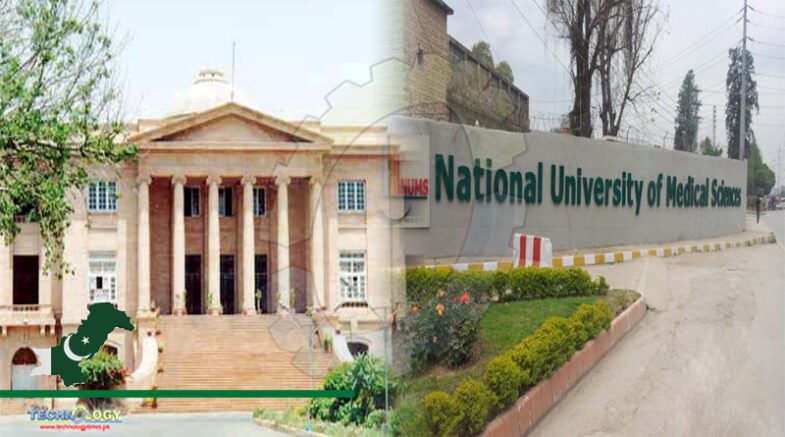YDA president requests further change in date regarding entry tests for MBBS programmes as exams scheduled on Diwali.

The Sindh High Court sought on Tuesday arguments from the parties’ counsels on a plea pertaining to differences between the Sindh government and Centre regarding entry tests for Bachelors of Medicines, Bachelors of Surgery (MBBS) programmes.
A two-member bench headed by Justice Muhammad Ali Mazhar heard the plea.
At the hearing, the counsel representing Sindh’s medical colleges argued before the court that provincial governments were authorised to run the education system.
He explained that entry tests for taking admissions in professional colleges were prepared on the basis of syllabi taught in intermediate, prepared by provincial governments.
“How can the Centre conduct admission tests prepared on the basis of syllabi devised by provincial government[s]?” he questioned, adding that bringing in place a centralised admission test system for MBBS programmes was not possible until a uniform syllabus was introduced across the country.
He also raised objection over the constitution of Pakistan Medical Council, terming it a “wrong” step and claiming that it included irrelevant persons as members.
The counsel maintained that the prime minister did not have the authority to structure the council, and him doing so was akin to “overstepping his authority.”
“A council has been constituted, but an [examination] board is yet to be formed, even when under the law, it is the latter that has the authority to conduct [MBBS entry] tests,” the counsel said.
The assistant advocate-general also termed the formation of the council “illegal”, stating that the Sindh government was not consulted on the matter.
Besides, the Sindh government submitted its reply on the plea, maintaining that health and education were made provincial subjects under the 18th Amendment.
Moreover, Young Doctors Association president pointed out that Diwali was falling on November 15, when the entry tests were scheduled, and around 12,000 candidates wouldn’t be able to sit the tests on the day. He moved the court to defer the tests.
At this, Justice Mazhar asked him to file a written application for the court to consider his request.
Biometric verification of inmates
Meanwhile, the bench summoned the home department secretary and prisons IG in personal capacity while hearing a plea seeking biometric verification of prisoners so as to ensure that no “fake prisoners” are lodged in jails in place of real ones.
According to the plea, prisoners aren’t being monitored properly in the absence of biometric verification. As a result, real prisoners are replaced by their namesakes in jails, the plea.
Sindh prisons IG, the home department and legal AIG submitted reports on the matter before the court.
According to the report by legal AIG, prisons are being upgraded for biometric verification of prisoners, starting from those in Karachi. Following Karachi, prisons in Hyderabad and Sukkur will be upgraded, in that order, as per the report. The report point outs that jails in Hyderabad and Naushero Feroze lack the staff and computers needed for biometric verification.
Reiterating the same, Sindh Additional Advocate-General Shehryar Mahar told the court a modern mechanism for biometric verification was being installed in jails, following which inmates could be monitored to ensure that no one was prisoned in place of real inmates. He said previously, innocent people were prisoned to replace real ones through deception.
At this, the court remarked that though a trust had filed the plea, the biometric verification of inmates would also benefit the Sindh government.
The measure will benefit the police and home department, and if inmates across the province undergo biometric verification, it would prove to be of advantage for the government, observed Justice Mazhar.
With these closing remarks, the court adjourned the hearing till November 26, after summoning home department secretary and Sindh prisons IG in their personal capacities, seeking counter-reply from the petitioner on the Sindh government’s report and seeking a progress report from the National Database and Regulatory Authority.
Originally published at tribune
